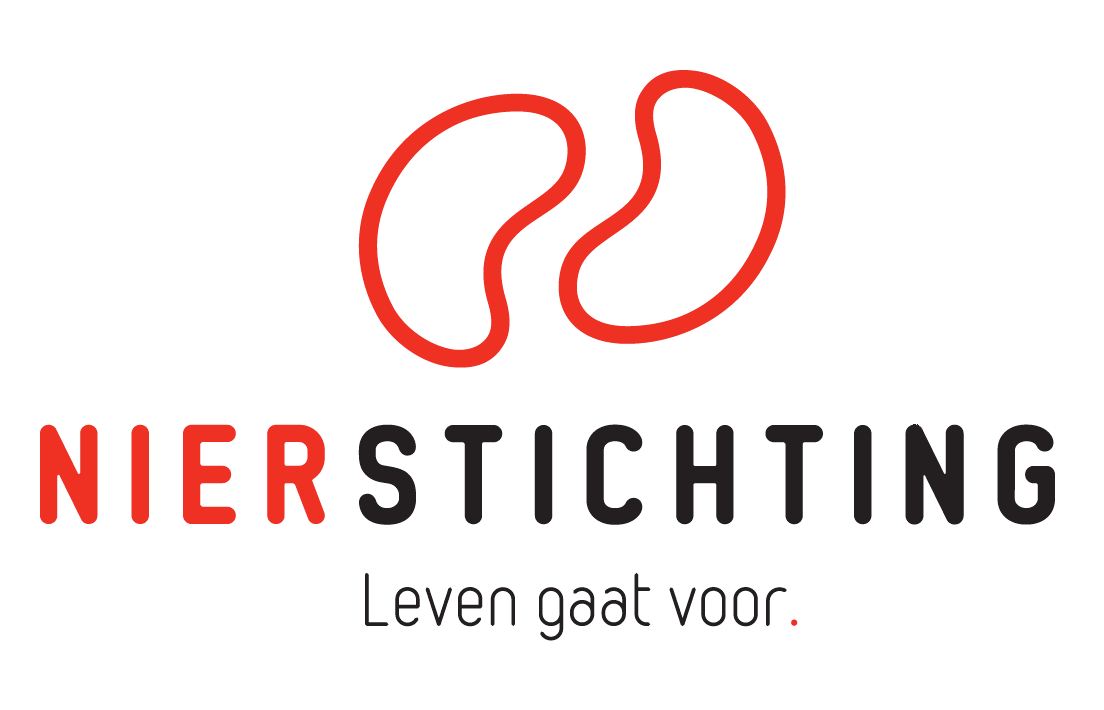Hypertension in PKD

Project summary
Polcystic kidney disease (PKD) is the most common inherited kidney disease. It characterized by the development of multiple growing kidney cysts causing abdominal pain and ultimately lead to renal failure. Treatment of PKD is focused on decreasing disease progression, as curative treatment is not yet available.
Hypertension at a young age in PKD is associated with cardiovascular morbidity and mortality and accelerates disease progression. Recent studies indicate 31% of 12-year old children with PKD are hypertensive. This highlights the extent of the problem and the need for better understanding the pathophysiological mechanisms of early onset hypertension and for targeted therapy.
Recent insights have shown that a dietary high-salt intake leads to arterial stiffness through activation of salt (sodium) channels in the vessels. Blocking these channels reverses arterial stiffness. In light of these insights, the researchers aim to re-examine the cause of hypertension in PKD and propose a novel hypothesis where hypertension is dependent on activation of these channels. These advances may lead to new treatment targets, one of which will be tested in this study proposal.
Impact
To provide novel insights on the pathogenesis of hypertension in ADPKD and that this knowledge will translate to better treatments to prevent the complications of the disease.
More detailed information
Principal Investigator:
Dr. M. Salih
Role Erasmus MC:
Coördinator
Department:
Internal Medicine, division of Nephrology and Transplantation
Project website:
Not available
Funding Agency:
Nierstichting



